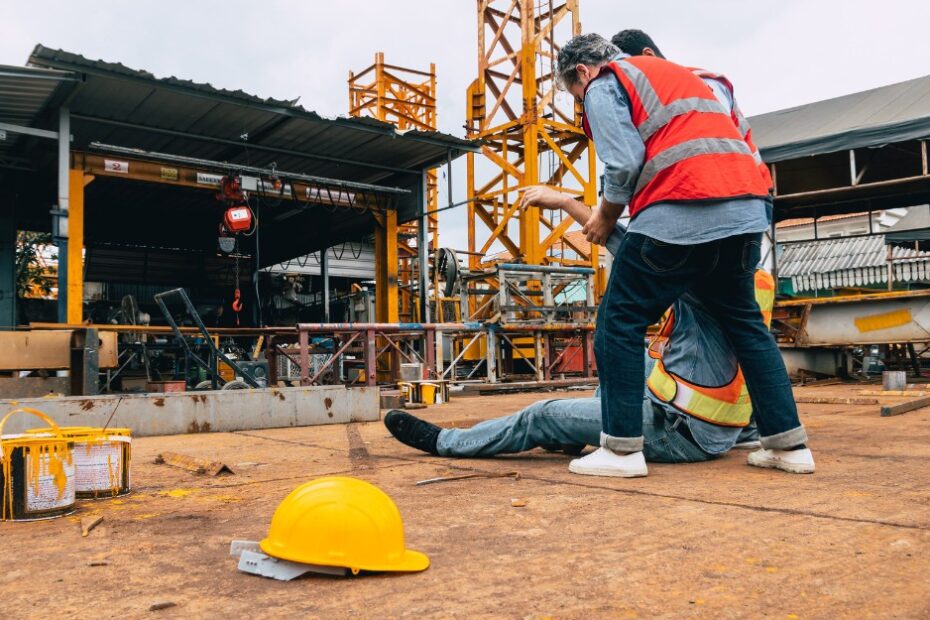Being injured at work is stressful enough without the added complexity of understanding who is responsible for your compensation. This issue becomes more complicated for workers engaged through labour hire companies. In New South Wales, thousands of workers are employed on a labour hire basis across construction, manufacturing, warehousing, agriculture and other industries. If such a worker is injured because of the negligence of a third party – for example, the host business or another contractor – they may be entitled to claim damages.
This article explains how the law operates in NSW, and what rights labour hire workers have if they are injured at work.
Labour Hire Arrangements – Who is the Employer?
A labour hire arrangement typically involves three parties:
- The worker, who carries out the job.
- The labour hire company, which is the worker’s legal employer.
- The host business, which supervises the work on site and provides the working environment.
The labour hire company generally pays wages, manages leave, and provides workers compensation insurance. However, day-to-day direction, supervision and safety practices usually come from the host business.
This split can create uncertainty when a workplace accident occurs – but NSW law makes it clear that both the employer and any negligent third party can be held accountable.
Workers Compensation vs. Common Law Damages
If a labour hire worker is injured at work in NSW, they are entitled to workers compensation benefits under the Workers Compensation Act 1987 (NSW). These benefits cover medical expenses, weekly payments of income support, and, in some cases, lump sum payments for permanent impairment.
However, if the injury was caused by the negligence of a third party – for example, unsafe systems of work provided by the host company, defective equipment supplied by another contractor, or negligent actions of another worker – the injured worker may also have the right to pursue a common law damages claim.
This type of claim can provide compensation beyond the statutory workers compensation scheme, including:
- Past and future loss of earnings
- Superannuation loss
- Pain and suffering (in certain circumstances)
Suing a Third Party
In labour hire situations, it is often the case that:
- The labour hire employer provides workers compensation insurance.
- The host employer or third party may be sued for negligence in a damages claim.
For example, if a host employer fails to maintain safe scaffolding, and a labour hire worker suffers a fall, that host employer may be liable in negligence. The worker’s labour hire employer still covers weekly benefits through workers compensation, but a separate damages claim may be pursued against the negligent party.
Importantly, a worker does not need to choose between workers compensation and a third-party damages claim – both can proceed, though coordination is required to avoid “double dipping”.
Proving Negligence
To succeed in a third-party negligence claim, the injured worker must prove:
- The third party owed them a duty of care.
- That duty was breached (e.g. unsafe workplace, inadequate training, faulty machinery).
- The breach caused the injury.
This requires evidence such as incident reports, witness statements, expert medical opinions and safety documentation.
Practical Example
Consider this scenario:
- A warehouse worker is employed by a labour hire company.
- The host business directs the worker to use a forklift, but fails to properly maintain it.
- The forklift malfunctions, causing the worker to be seriously injured.
Here, the worker can:
- Claim statutory workers compensation through the labour hire employer’s insurer.
- Pursue a negligence claim against the host business for failing to provide safe equipment.
This dual avenue of compensation ensures that injured workers are not left without proper recourse.
Time Limits
Workers should be aware that strict time limits apply to common law damages claims. In NSW, most personal injury claims must be lodged within three years of the date of injury, although there are exceptions. Early legal advice is essential to preserve rights.
Why Legal Advice is Essential
Labour hire arrangements create additional layers of legal complexity compared with standard employment. Questions can arise such as:
- Who is responsible for providing a safe workplace?
- Should the claim be made against the labour hire employer, the host business, or both?
- How do workers compensation payments interact with damages claims?
An accredited specialist in personal injury law can provide clear guidance, ensure all entitlements are maximised, and manage the claim process against multiple parties if necessary.
Conclusion
Labour hire workers in NSW have the same rights to a safe workplace as any other employee. If they are injured because of the negligence of a host employer or another third party, they may be entitled to claim damages in addition to workers compensation.
Because the law in this area is complex, it is crucial to seek early legal advice from an experienced compensation lawyer. This ensures that time limits are met, liability is correctly identified, and the full range of entitlements is pursued.
